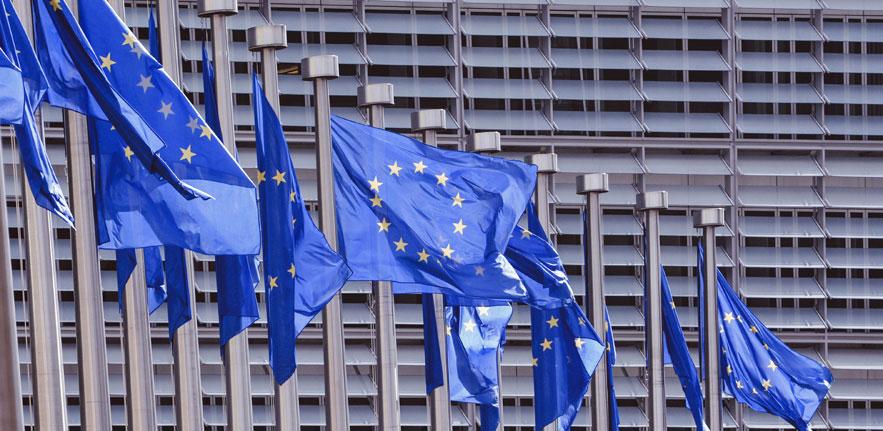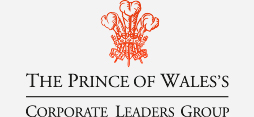
13 July 2017 – Jill Duggan, Director of The Prince of Wales’s Corporate Leaders Group reflects on the EU moving back into leadership mode, as it helps to keep climate on the G20 agenda.
Europe bounces back
By Jill Duggan, Director of The Prince of Wales’s Corporate Leaders Group
13 July 2017
A year ago the prospects for EU leadership looked gloomy on many fronts. With the UK referendum and the prospect of a wave of Euroscepticism playing out in elections across Europe it looked like the very future of the EU might even come into question. The EU’s ability to focus on priorities like economic reform and maintaining its leadership edge on efforts to tackle climate change looked like they might be lost in the face of the immediate pressures of the migration crisis and Brexit. The election of Donald Trump in the United States last November compounded the uncertainty given his campaign pledges around American nationalism and the resulting uncertainty regarding the nature of the US’s future role in the world.
What does this mean for global efforts to tackle climate change?
When Donald Trump’s election victory was announced at the climate talks in Marrakech last November many feared a death blow to the Paris Agreement. The immediate response of other nations was to pledge their continued support but there were real concerns that they might drift away over time.
However, the story of 2017 for Europe has been one where the predicted catastrophe has resolutely failed to appear. As the year has progressed the tide has visibly turned.
The Brexit vote and US election have not been followed by the feared wave of populism in Europe, with both the Netherlands and France drawing back from the brink. And, as clearly demonstrated at the G20 this weekend, there remains a strong commitment to lead on climate change.
Following the US’s decision to withdraw from the Paris Climate Agreement, this weekend’s meeting of the G20 could have kept climate off the agenda, or it could have shown cracks in the unity of the group as other countries followed the US lead.
Instead, German Chancellor Merkel put climate front and centre of the talks and the 19 other countries reaffirmed their commitment to Paris. The Communique, moreover, recognises the importance of increased investment in renewable energy and clean energy technologies for innovation, sustainable growth, competitiveness, and job creation. Further, the G20 Climate and Energy Action Plan highlights that long-term low greenhouse gas emission development strategies are a unique opportunity for inclusive economic growth, investment and technological innovation.
All this is rounded off by the French President President Macron’s announcement of a Climate Mobilization Summit in December this year, two years after Paris, to maintain the momentum. In the US, American states stepped up their efforts to lead on climate action, with Governor Brown of California also announcing a major summit for 2018.
So the G20 has succeeded and Europe is moving back into leadership mode on climate change, now it needs to follow up the talk with real action.






